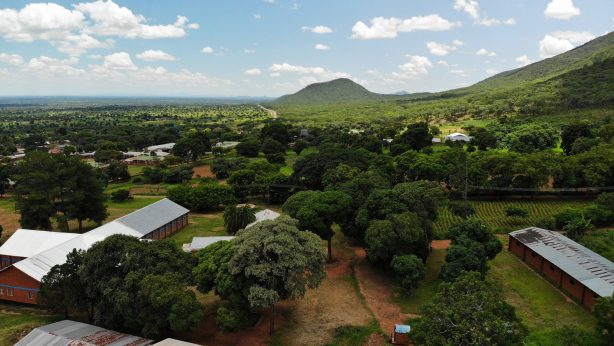Sharing Light
Our visit to Malawi was a real eye opener. Life comes to a standstill after 6-7pm, many having no recourse apart from sleep. As it stands, opportunities for social interaction, work or studying are (pardon the pun) dim. Zatuba Village’s residents resort to burning straw or using kerosene lamps and torches to make it through the darkness. As we experienced ourselves, these options are not only ineffective, they are very expensive.
Part of our mission while in Malawi was to demonstrate the potential of solar lanterns to the community and secure an affordable supply. This proved to be a real challenge as the most cost-effective unit available at the time was priced at AUD 44 . Fortunately, we have since purchased a comparable, cheaper alternative — d.light’s S10 – Kiran (featured below). The unit costs AUD 24, making it a much more affordable option for the community. We hope to finalise logistics within March and collect desposits for those interested, the payback period is 6 months (coinciding with harvest time).

So what is the impact? What are the tangible benefits of rural villages like Zatuba purchasing Solar Lanterns?
Cost Savings
Villagers in Zatuba spend at least AUD 3-4 per month on kerosene and batteries for torches. This does not factor in the transportation and time costs of regular purchase. Upon repayment within 6 months, households will enjoy significant cost-savings through the elimination of a reliance of fossil fuels and dry cells. Replacement costs are generally low and units are covered by a 1 year warranty.
Work, Study, Meet
Up to 8 hours of lighting (4 on high, 8 on standard) mean that residents can work on micro-enterprises or extend hours for household functions during the night. This would reduce time pressures on women in particular. Trends seem to indicate that access to lighting significantly increases productivity and thus income.
The community can also organise gatherings late in the evening or at night when more residents can attend.
Children are able to attend to school work without being constrained by poor lighting conditions.Thus reducing the time pressures around household chores and school work.
Health and Safety
Poor lighting options such as kerosene lamps, torches and burning straw leads to poor eye sight. Kerosene lamps are notorious health and safety hazards – suffocating smoke, burns and fires. A serious issue in rural villages across the world – an estimated 1.5 million deaths a year!
Furthermore, solar lighting can create community safety. Lanterns are portable can be hung at night and light up village pathways. This is particularly relevant to women and young children; the village was pitch black after 7pm.
Reduced Carbon Emissions
It is estimated that a single kerosene lamp produces up to 1 ton of Carbon Dioxide over a 5 year span. Solar lighting is a carbon neutral alternative that would see the village reducing its impact on the environment through the use of sustainable technology. As I see it, they are leap frogging the unsustainable practices of the so called modern cities we live in!
Community Independence
This is an untested theory 🙂 Yet having observed the enthusiasm and solidarity amongst the villagers, I suspect that having their independent source of power for lighting, paid for by themselves (not a charitable handout) should be a great source of pride. It is our hope that this would be in line with our desire to respect the dignity of people in all we do.
We intend for the lights to go on in Zatuba Village in March! A big thank you to all our supporters for making all of this happen 🙂
Over and Out,
Shanil


